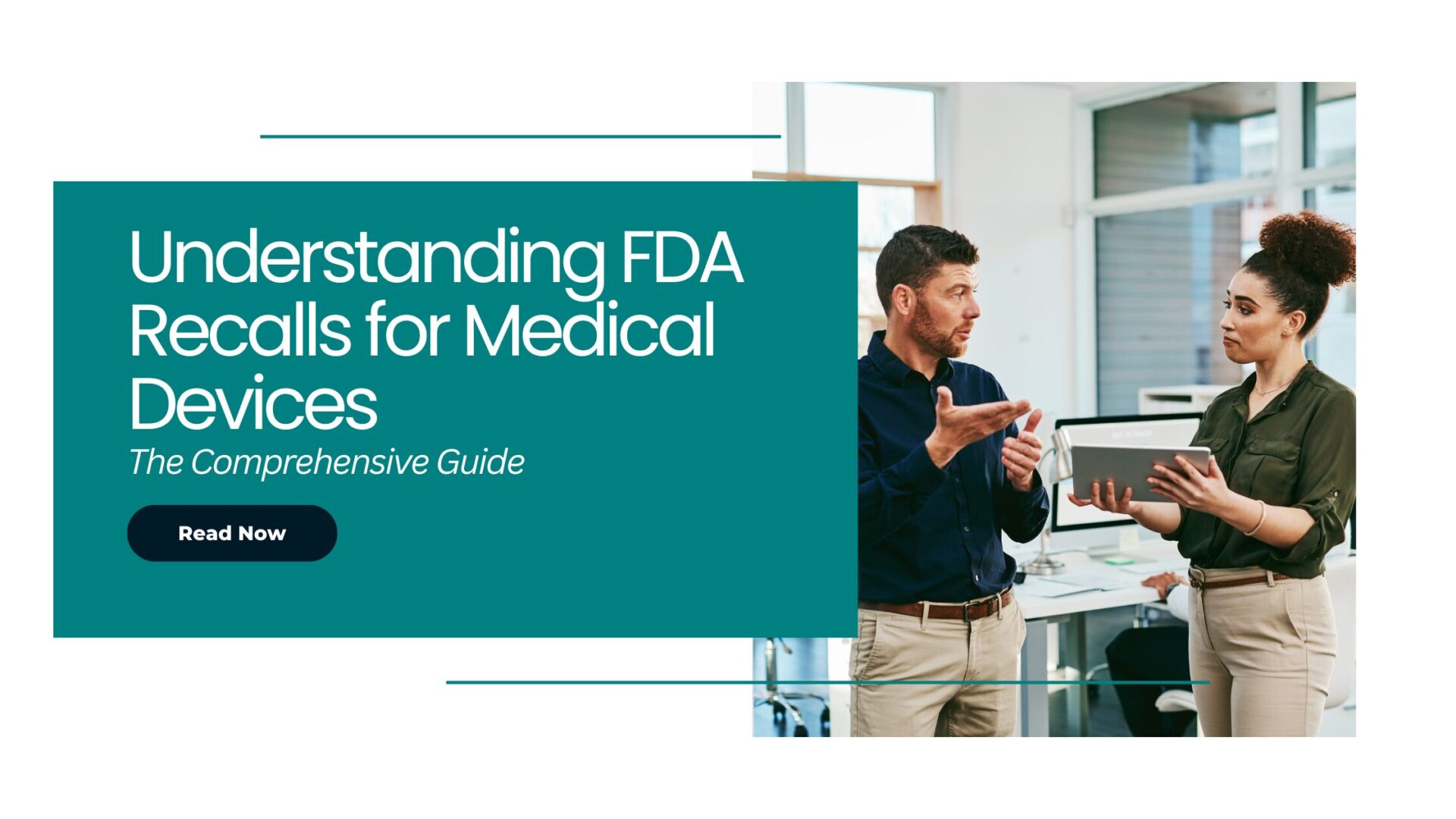In this article, we are going to discuss everything about the clinical trials for medical devices. Right from understanding the right stage of putting medical devices up for clinical trials, requirements of conducting a clinical study, to different stages of medical device clinical trials, we will discuss it all here.
Several medical devices undergo clinical trials on an ongoing basis. Typically, medical devices are categorized based on their invasiveness, intended purpose, risks, and classification.
The categorization of the medical devices serves as a guideline for the regulatory route to be adopted for marketing authorization in the country of interest and for determining the nuances to be considered in the design of clinical trials that are to be conducted to demonstrate the device’s safety and efficacy.
The design and execution of clinical trials for drugs and devices are comparable, however, not identical. Compared to drug trials, a device study requires fewer patients to prove its efficacy and safety.
At what phase of product development should a medical device clinical trial be conducted?
A medical device should be at a steady level of development before getting into a clinical study.
An initial reliable device design, bench, verification, and some preclinical data should be there to demonstrate that the clinical trial that is planned to be conducted is sufficiently safe for the participating subjects. This is especially true for Significant Risk (SR) studies, where, based on the study design and primary and secondary objectives, the subjects might be exposed to significant risk during the study.
What are the requirements for conducting a clinical trial for medical devices?
Following are some of the several required elements that are needed to be considered for conducting a clinical study for medical devices –
⦿ Adherence to Good Clinical Practices (GCP)
⦿ Protocol development
⦿ Investigator and site selection
⦿ Informed consent form development
⦿ Investigator’s Brochure creation
⦿ Case Report Form drafts
⦿ Subject identification and enrollment
⦿ Collection, monitoring, and processing of data
⦿ Analysis of data and its reporting
⦿ Reporting of safety and observed adverse event
⦿ Submission and approval from regulatory authorities for conducting trials (depends on the trial classification)
⦿ IRB approval for conducting the study
⦿ Trial preparation
What are the various systematic clinical trial stages through which a medical device may undergo during development and testing?
Medical devices are required to pass through three clinical development stages based on the risk assessment of the device.
Pilot Stage
The advantages and disadvantages of the investigational devices are assessed in the initial stage of clinical development.
The Pilot Stage is made up of 3 phases:
Product Viability
This phase helps evaluate the medical needs (unmet) that the investigational device will address.
It further helps understand how the device would operate and in which markets, the potential risks to patients that the device might present, and how those risks would be classified, and how necessary risk management procedures would be implemented, along with the anticipated costs and timelines.
Preclinical Research and Prototyping
This is primarily a proof of concept study which involves testing the prototype in carefully monitored lab settings. At this stage, the device isn’t yet prepared for testing on humans.
Product Development and Testing
The main goal of this phase is to optimize the design and create a product that complies with all legal criteria. During this phase, first in human clinical investigations, early feasibility clinical investigations or traditional feasibility clinical investigations can be carried out, based on the device’s risk classification.
Medical devices with a Class III risk categorization must provide scientific proof that their advantages outweigh their risks and that they will benefit a significant portion of the population. In this phase, clinical studies on medical devices compare the investigational device’s safety and efficacy to the accepted standard of care.
Pivotal Stage
The Pivotal Stage is the second stage of clinical development, and in this stage, the clinical performance is assessed. It entails documenting further information on the device, like information on production facilities and labs as well as the findings of relevant clinical and nonclinical investigations.
Post-market stage
This stage may not apply to all device types, but if it does then this is the last phase after getting approval. During this stage, additional data is obtained about long-term safety, efficacy, and ideal use, as the medical device, is monitored for performance and safety issues.
The most common studies that the medical device industry must have come across are the feasibility and pivotal study. While the feasibility study is a part of the pilot stage, the pivotal study belongs to the pivotal stage of the clinical development of a medical device or IVD. There are some clear distinctions between the two study types, as depicted in the table below.
All groundbreaking medical device developments in the past several decades were made possible through clinical research.
Medical Device Clinical trials give new avenues for study and aid in the discovery of novel methods for illness detection, prevention, treatment, and cure.
Clinical trials add to scientific knowledge even if they are unsuccessful as they open the door for further study. The kind of clinical study, the number of patients, primary and secondary endpoints, etc., need to be well aligned with the regulatory pathway that a company would follow to get its product to the market.
A medical device company must judiciously raise capital, plan funds, and manage investor and stakeholder expectations on the time to market considering the clinical trial requirements. Elexes Medical Consulting has been extensively involved in performing due diligence for medical device companies, so they can plan their clinical trials.
Elexes also has been helping develop clinical study protocols leveraging the skills of medical affairs professionals at Elexes and supporting grant writing endeavors for getting grants to conduct certain types of studies and further product development. If you have any concerns or questions about clinical studies and the accompanying requirements, please contact us at jennifer@elexes.com.





















